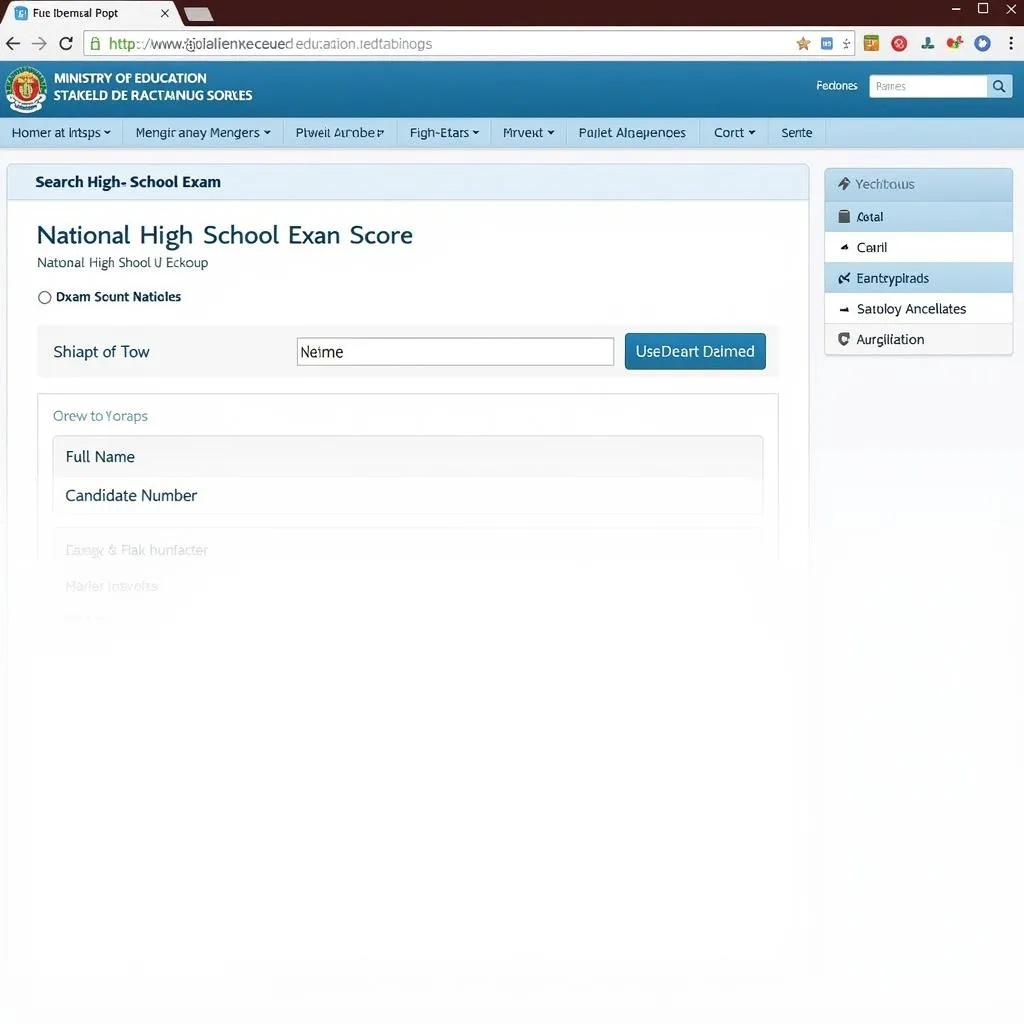Environmental issues are a hot topic globally, and being able to discuss them effectively in English requires more than just vocabulary. Understanding and using English idioms related to the environment can significantly enhance your communication skills. This article will explore a variety of common and useful environmental idioms, providing explanations and examples to help you incorporate them into your everyday English conversations.
Common Environmental Idioms and Their Meanings
Let’s dive into some of the most frequently used idioms related to the environment. These idioms will help you express yourself more naturally and fluently when discussing environmental topics.
- A drop in the ocean: This idiom refers to a small, insignificant amount compared to a much larger problem. For instance, “Individual efforts to reduce plastic consumption can feel like a drop in the ocean, but collectively, they can make a real difference.”
- Barking up the wrong tree: This idiom means to pursue a wrong or misguided approach to a problem. “Focusing solely on recycling without addressing overconsumption is barking up the wrong tree.”
- Nip something in the bud: To stop a problem before it becomes serious. “We need to nip pollution in the bud before it causes irreversible damage to our ecosystems.”
- Kill two birds with one stone: To achieve two goals with a single action. “By cycling to work, you kill two birds with one stone: reducing your carbon footprint and improving your fitness.”
- Clear as mud: Ironically used to describe something that is not clear or easily understood. “The government’s new environmental policy is clear as mud.”
Using Environmental Idioms in Everyday Conversation
Incorporating these idioms into your daily conversations can greatly enrich your communication and demonstrate your understanding of nuanced English expressions. Here are some examples of how you can use them:
- When discussing climate change, you could say, “Governments need to stop barking up the wrong tree by focusing only on short-term solutions and instead invest in long-term sustainable practices.”
- When talking about pollution, you might say, “Educating children about environmental responsibility is crucial to nip pollution in the bud.”
- When discussing sustainable living, you could say, “By using public transport, you can kill two birds with one stone – save money and reduce your environmental impact.”
Deeper Dive into Environmental Idioms
Beyond the common idioms, exploring more specific phrases can further enhance your understanding and ability to discuss complex environmental issues.
- Eco-friendly: Products or practices that are designed to minimize harm to the environment.
- Greenwashing: Deceptively presenting a company or product as environmentally friendly when it’s not.
- Carbon footprint: The total amount of greenhouse gases generated by an individual, organization, or product.
How Can I Remember These Idioms?
The best way to remember these idioms is to use them! Try incorporating them into your writing and speaking practice. Create your own sentences and scenarios using the idioms to solidify your understanding.
trường chúng cháu là trường mầm non mp3
Conclusion
Mastering environmental English idioms not only expands your vocabulary but also empowers you to engage more effectively in discussions about pressing environmental concerns. By understanding and using these idioms, you can express your ideas with greater nuance and connect with others on a deeper level. Remember to practice using them regularly to integrate them into your everyday language.
FAQ
- What are environmental idioms?
- Why are environmental idioms important?
- How can I learn more environmental idioms?
- Are there any resources available to help me practice using these idioms?
- Can using idioms help me sound more fluent in English?
- How can I avoid misusing environmental idioms?
- What are some other ways to improve my environmental vocabulary?
Common Scenarios using Environmental Idioms
- Scenario 1: Discussing the impact of a local factory’s pollution.
- Scenario 2: Debating the effectiveness of government environmental policies.
- Scenario 3: Planning a sustainable community project.
trường sĩ quan lục quân 1 có những ngành nào
Related Articles You Might Find Interesting:
- Sustainable Living Practices
- The Importance of Environmental Awareness
- Understanding Climate Change Terminology
các trường đại học cao đẳng ở đồng nai
Need more help with environmental English idioms or other language learning resources? Contact us! Phone: 02223831609, Email: thptgiadinh@gmail.com or visit us at Đ. Nguyễn Văn Cừ, Trang Hạ, Từ Sơn, Bắc Ninh, Việt Nam. We have a 24/7 customer support team.





